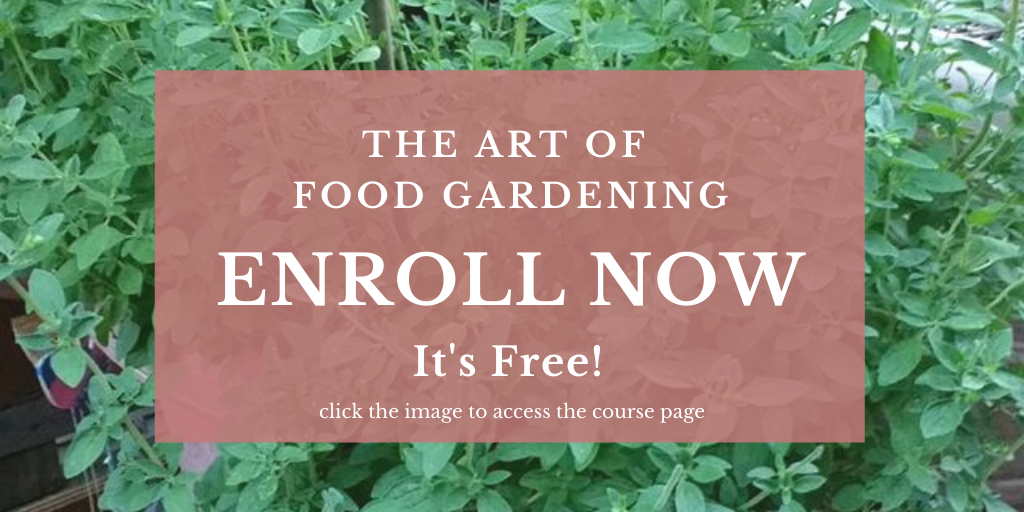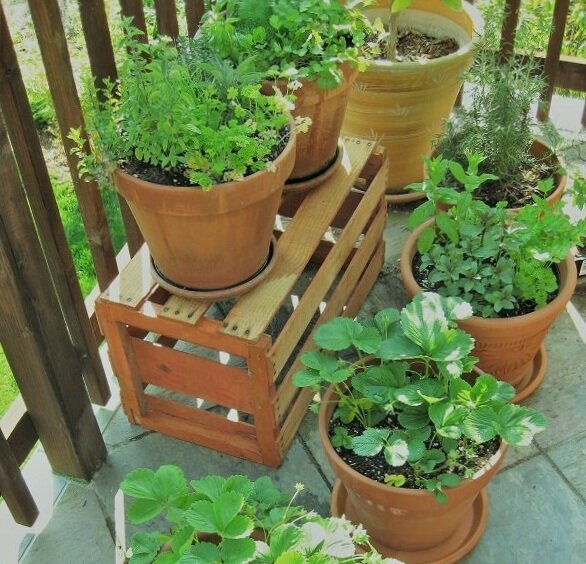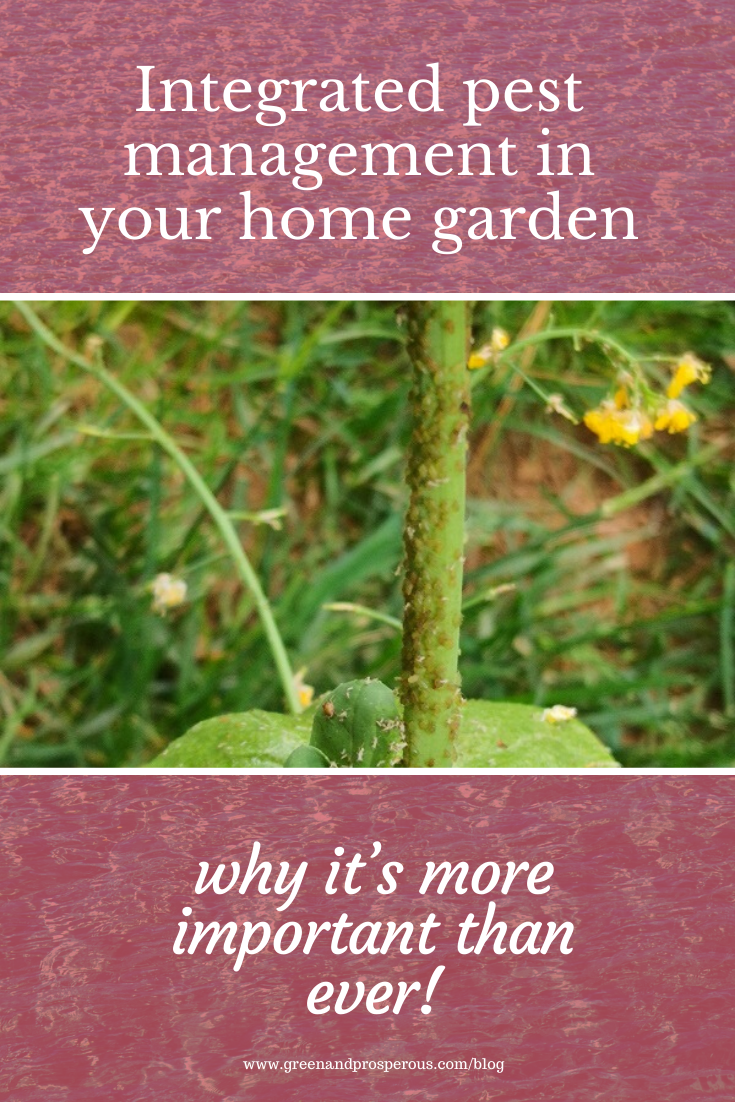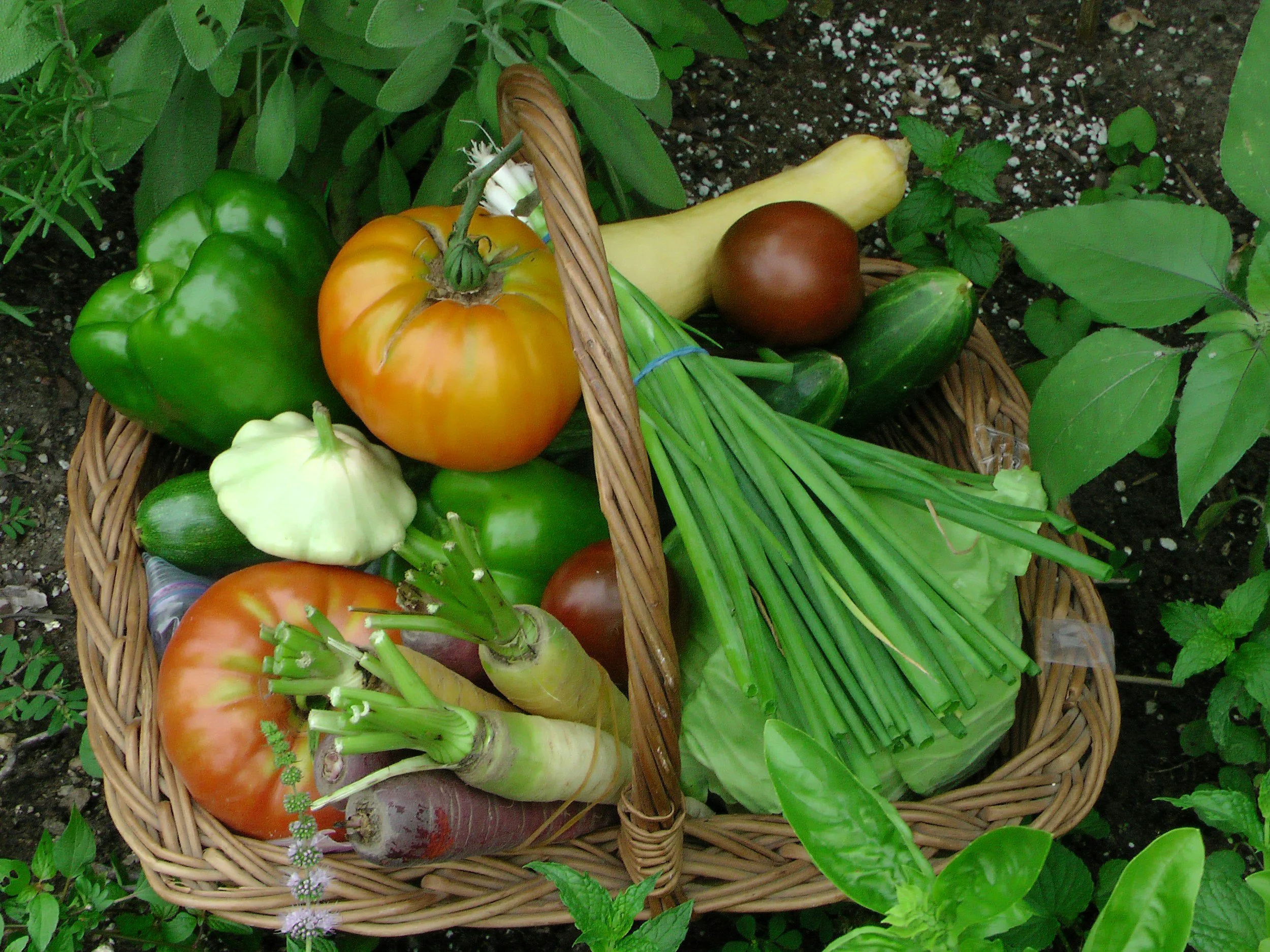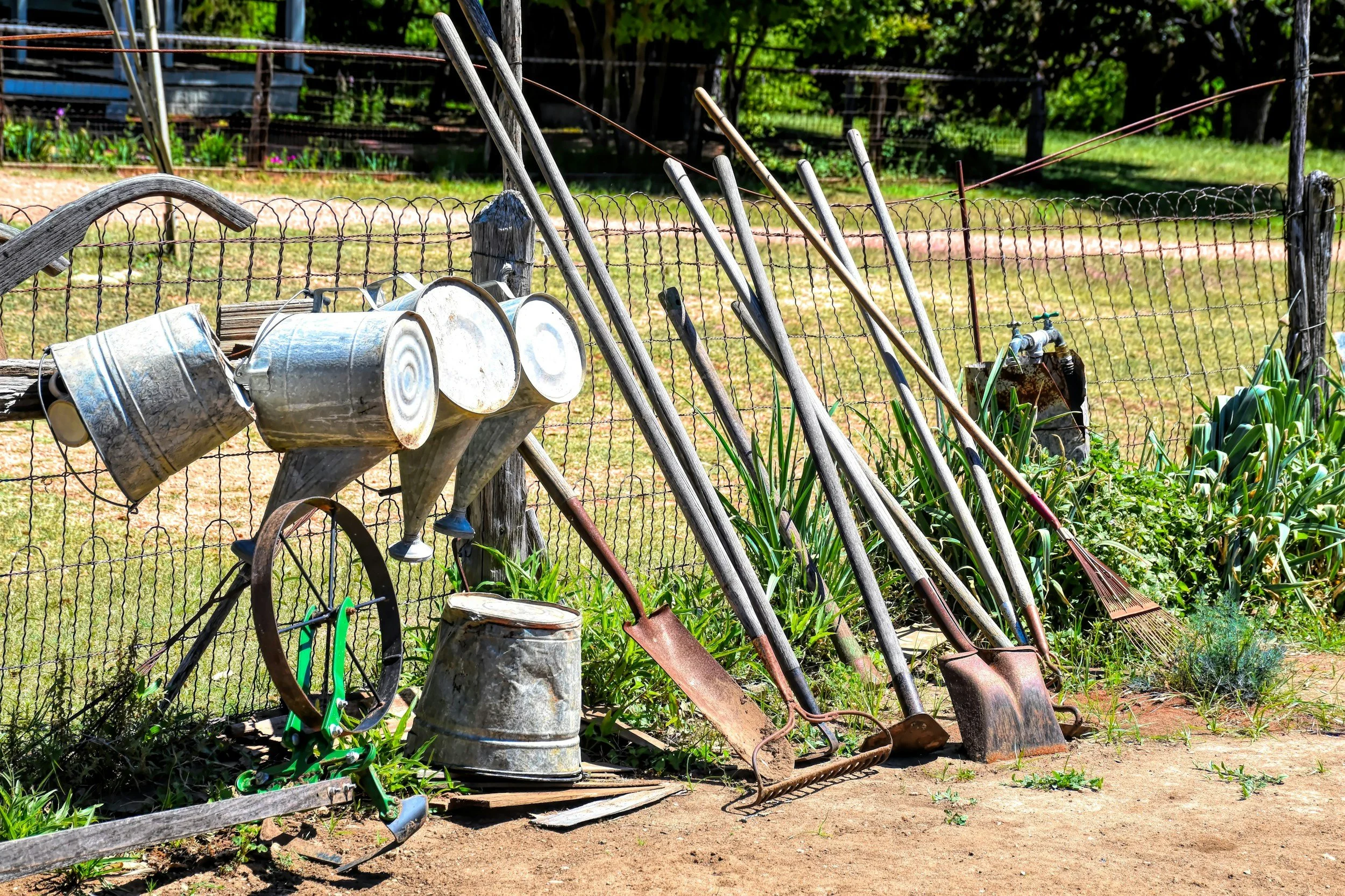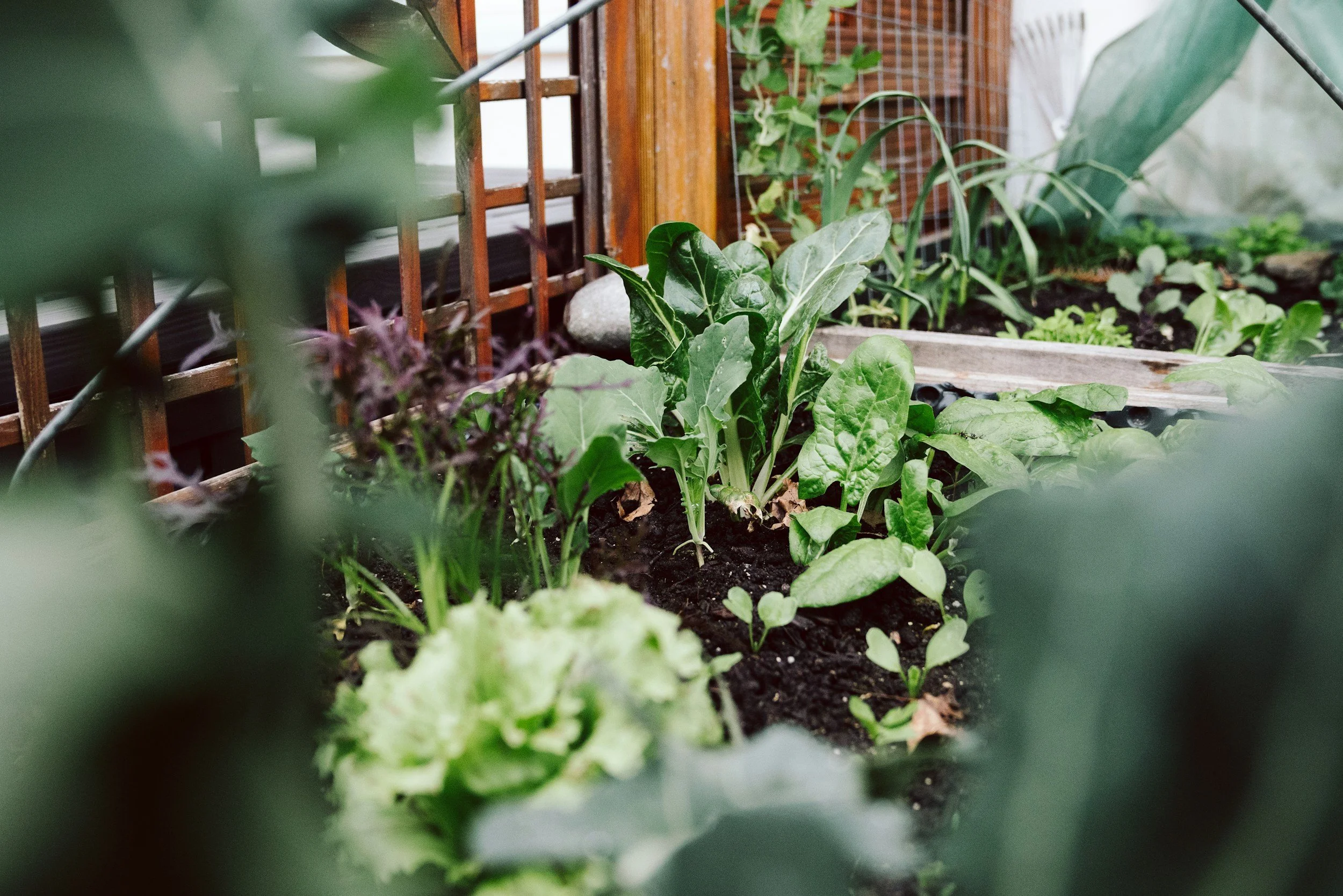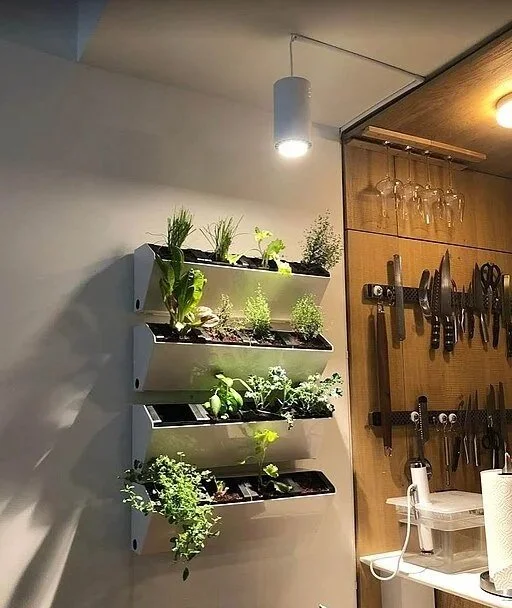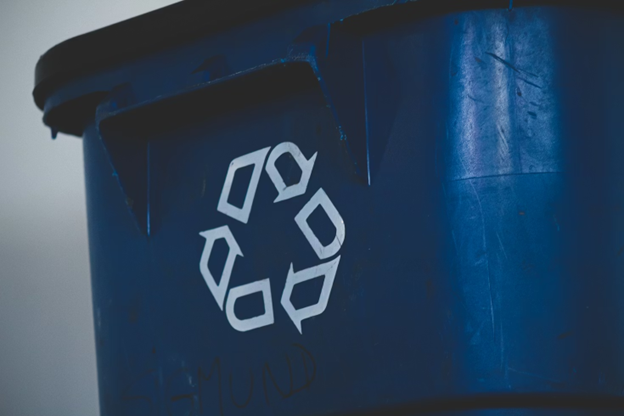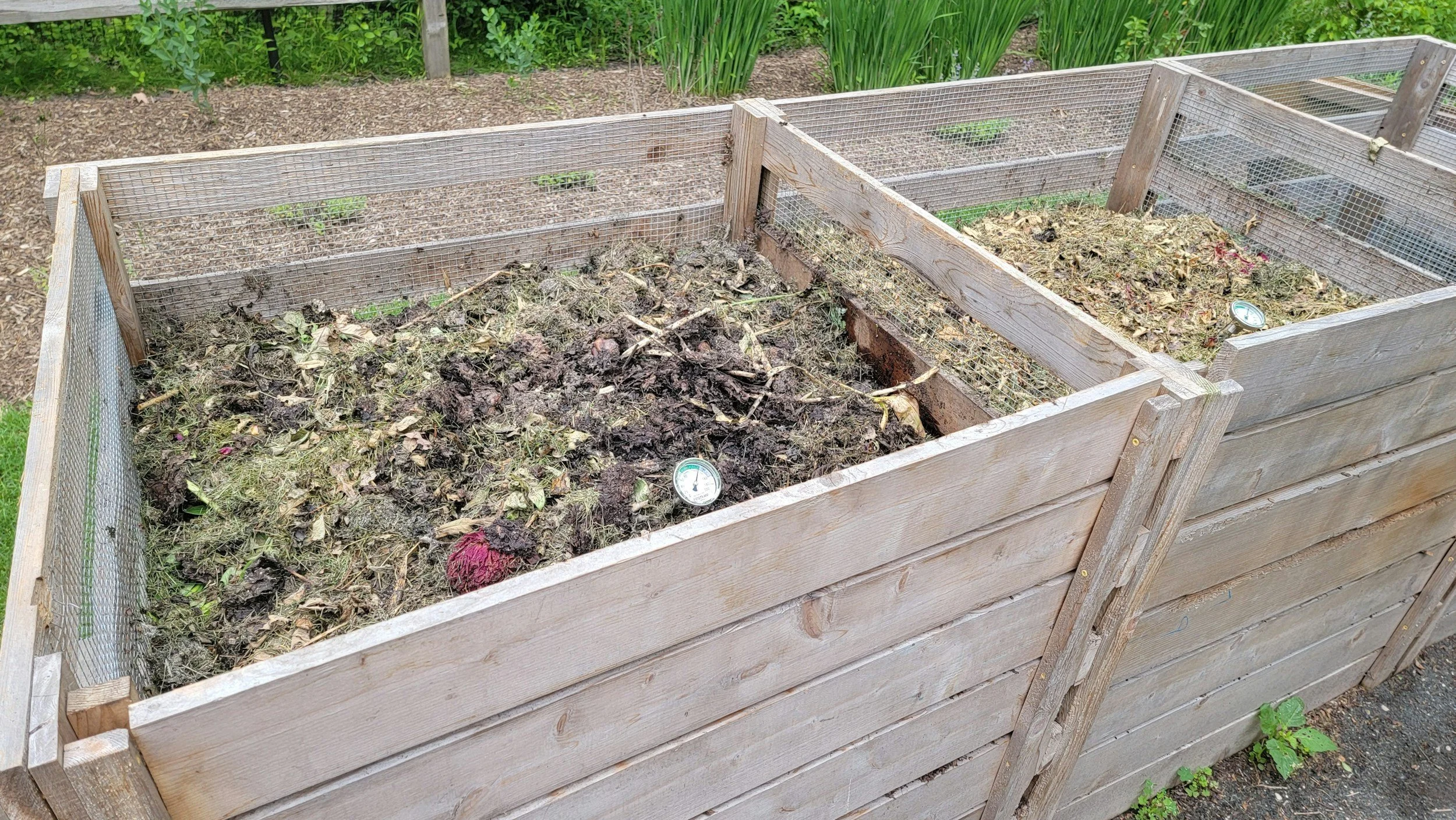Using integrated pest management in your home garden: why it’s more important than ever
/(updated April 3, 2025)
If you’ve ever had a garden, you’ve dealt with pests. That’s an inevitable part of gardening; some seasons you may find that your garden is relatively pest-free, while other seasons herbivore pests will ravage your plants. Most gardeners resign themselves to having to share at least some of their crops with pests, and some even plant things that are specifically meant to attract herbivores so that they’ll spare other parts of the garden Whether it’s insect pest or the animal variety, there are a number of steps you can take to minimize damage to your plants without harming the environment and without resorting to the use of pesticides or other poisons.
The Problem with Using Pesticides
Pesticides are a category of poisons that include herbicides, fungicides and molluscicides. There are a number of reasons to avoid or minimize your use of these substances, even if they are approved for use in organic farming. Organic pesticides can cause harm to pollinators and other wildlife, and there are additional arguments for minimizing their use: for one, there are few clinical studies of these substances, so we don’t know much about the long-term damage they cause to human health and the environment. Also, because organic pesticides are less potent than their synthetic counterparts, growers have to use them more frequently, and in greater quantities, to achieve the same effects.
What we do know is that the environmental damage caused by synthetic pesticides is substantial: they contaminate the soil and water and harm local wildlife such as beneficial insects, birds, fish, amphibians, and non-target plants. However, it’s also important to note that insecticides remain important for killing disease-carrying vectors such as mosquitos, which have historically ravaged human populations around the world. In places where the mosquito-borne transmission of diseases like malaria, dengue fever, West Nile Virus, zika virus and other serious ailments is common, mosquito-killing pesticides are a crucial weapon in the fight to minimize the impact of these diseases. However, for the average home gardener who doesn’t need to worry about contracting these major diseases, there are natural remedies that can keep mosquitos away.
Minimizing the Use of Pesticides
It’s ultimately up to you to decide whether to apply pesticides and if so, what kinds to use and in what quantities, or whether to use them at all, you can minimize their use by optimizing the growing conditions of your plants, which includes regular watering, adequate light, and sufficient nutrients; avoiding the spread of pathogens across your crops by cleaning tools between uses (rinsing with water and soaking in a vinegar bath is an easy way to accomplish this task); interplanting with flowers and flowering herbs that attract beneficial insects that prey upon the harmful ones; and learning, then meeting, the particular needs of each of your plants to ensure that they grow as healthy as possible and are better equipped to fight disease and insects.
An effective alternative to using pesticides to deal with herbivore insects in your garden is integrated pest management (IPM). IPM, or Integrated Pest Management (also called Integrated Pest Controls) refers to a wide range of techniques that employs eco-friendly controls to reduce pest damage to plants while causing the minimum possible harm to the environment. IPM techniques include using barriers to keep animal and insect pests off of your plants; attracting helpful predatory insects and other creatures (such as frogs) to feed on the harmful insects in your garden; using beneficial nematodes (microscopic groundworms that help control pests in your soil); and making sure that your watering and other care practices are consistent, which helps prevent disease and enables you to deter or avoid insect damage.
How to Use Integrated Pest Management Techniques
There are several other things you can do to deter pests from your garden, using IPM techniques that will minimize or eliminate harm to the environment and to your health.
Barrier Methods
If you have animal pests – moles, groundhogs, squirrels, rabbits, birds, dogs, cats, and deer – barrier methods are most effective. Growing in raised beds or containers and mulching with pea gravel or other small rocks can deter some of these pests from accessing or digging in your soil. Line the bottom of the bed with chicken wire to keep animals from digging through your beds from underneath. Drape garden netting or summer weight row covers over your transplants or more developed crops to keep birds, dogs, cats, deer, and squirrels out, securing the netting with clips, twine, or garden Velcro to bent pvc pipes or stakes. If you’re handy and your garden is relatively small, you can build a semi-enclosed fence around your crops to keep animals out. Some gardeners swear by pepper spray as a deterrent to many animal pests, including raccoons, which may find a way through other barrier methods. Boil 2 quarts of water, 2 tablespoons of cayenne pepper, hot peppers and an onion for 20 minutes. Strain, cool, and pour in a spray bottle. Spray around the perimeter of your crops.
For insect pests -- aphids, whiteflies, squash vine bugs, etc.— there are a few IPM methods you can use in addition to or in place of those mentioned above. They include the following:
Companion Planting
Interplanting, also called intercropping or companion planting. There’s a lot of debate about the effectiveness of companion planting as a technique for deterring herbivore insects. Some studies have cast doubt on whether companion planting can reduce the number of arthropods (e.g. mites, aphids, and whiteflies) invading your crops. On the other hand, there is a lot of scientific evidence demonstrating the effectiveness of some companions to provide a visual or olfactory obstruction that prevents certain insects from finding the plants you are trying to protect.
For example, planting strong-scented herbs like basil, rosemary, or mint among vegetables can mask the scent of more vulnerable crops, making them harder for pests like cabbage moths or carrot flies to detect. Marigolds, with their bold color and pungent aroma, are another popular choice for creating confusion, especially when planted near beans or squash. Similarly, the dense, frilly foliage of carrots or dill can serve as a kind of visual camouflage when grown alongside more recognizable crops like lettuce or cabbage. These pairings not only disrupt the sensory cues that many insects rely on, but they also contribute to a more biodiverse and resilient garden ecosystem overall.
Netting and screens
Barrier methods also work for some insects, although you will need to use screen (the kind used in screen doors) rather than netting to keep insects out. The downside to using screen is that you’ll need to find a way for pollinators to access your flowering crops, or you may need to hand-pollinate.
Monitoring and hand removal
Monitoring your crops closely (preferably on a daily basis) for insect activity is crucial for successful management and for avoiding infestations. Many insects, like aphids, can be removed with a blast of water, while others, like caterpillars, can be removed by hand. You can also use insect traps and pheromone lures to keep populations under control. Keeping a record of insect behavior and familiarizing yourself with their activity and reproduction cycles as well as weather changes will help you to plant around those cycles or anticipate increases or decreases in insect activities and act accordingly.
Using Organic Pesticides
Finally, if you need to resort to pesticides, you can use plant-derived substances or make your own organic pesticides. For example, it’s easy to make an insecticidal soap with water and castile soap (I use Dr. Bronner’s Peppermint Soap). It kills kills aphids, whiteflies, spider mites, and a few other pests. Another insecticide can be made from the mature leaves of tomato plants. Soak the leaves in water overnight, then strain. It smells awful, but deters grasshoppers, katydids, and kills aphids. Be sure to use gloves when applying. Adding a few drops of peppermint oil to a spray bottle also kills many insects very quickly.
Overusing Synthetic Pesticides: More Harm than Good
Synthetic pesticides are responsible for a significant amount of harm to the environment and human health. They affect the water supply, vegetation, and enter the bodies of beneficial insects, animals, and humans, causing both short-term and long-term effects. Overuse of pesticides has also resulted in an increase in pesticide-resistant herbivore insects, which has necessitated the use of even stronger chemicals to control these pests. There are virtually no human populations that have not been exposed to pesticides in the environment or in the food they consume.
What is clear is that the current system of pesticide use and abuse is unsustainable and is affecting the health of the environment and all that lives in it, in ways that we have not fully appreciated, making it harder to address. By minimizing your use of pesticides and incorporating integrated pest management methods in your home garden, you can help promote sustainable agriculture and contribute to what has been a movement, in many parts of the word, towards decreased use of pesticides and an increase in alternative methods of pest control.
Like this? Please pin!




